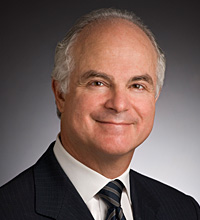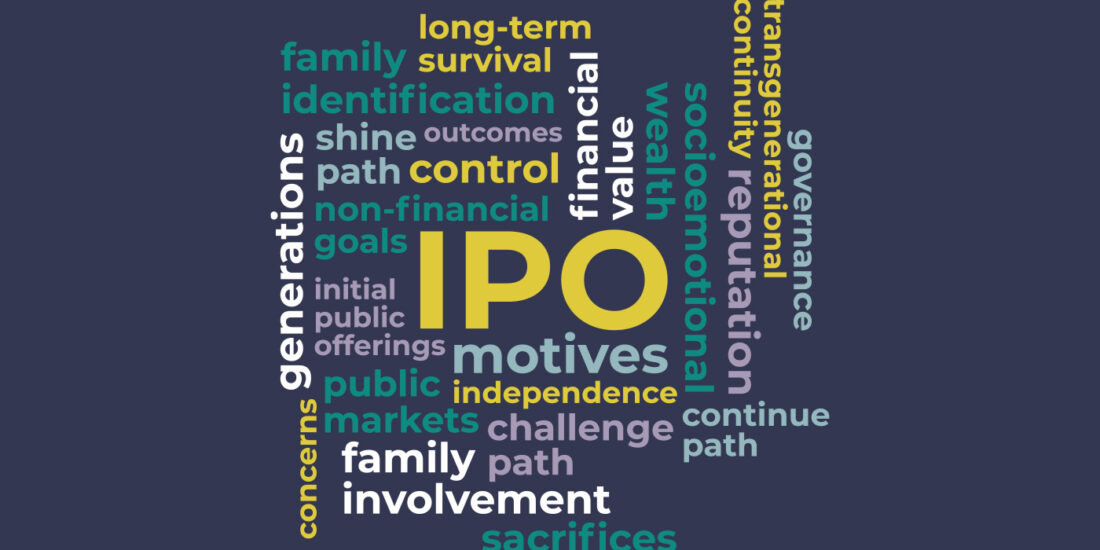Mentoring Across Family-Owned Businesses
This issue concludes a three-week series of précis on the five articles in the September issue of FBR. Thanks to Ivan Lansberg for this thoughtful piece on “Mentoring Across Family-Owned Businesses.”
Mentoring Across Family-Owned Businesses
(Authors: Brian John Distelberg and Thomas Schwarz)
Research Applied précis prepared by Iván Lansberg, Lansberg, Gersick & Associates, LLC
Dating back to the medieval guilds and beyond, the mentoring process through which values, knowledge, skills and social capital are transferred from one generation to the next is integrally woven into the archetypal narrative and, indeed, into the very romance of being a “family enterprise.” Hence understanding how this process unfolds within and across family companies is extremely valuable to practitioners, academics and business owners.
The authors of this study focus their attention on how the process of mentoring occurs when it happens across family businesses. One of the most valuable contributions of the article is its nuanced review of the extensive literature on mentoring in non-family organizations and its applicability to family enterprises. Readers who would like to learn more are encouraged to read the Literature Review section of this paper. The authors carefully discern how theoretical constructs on the generic dynamics of mentoring can be adapted for the complex multifaceted world of family enterprises. Specifically, the authors favor an “ecological” approach to the study of mentoring because it is more adaptive to the subtle ways in which family, ownership and business factors influence the mentoring relationship in these systems.
This paper presents a conceptual model (see Figure 1) that views mentoring relationships as exchanges — meaning, a process of “giving” and “getting” of information, resources and support, that has a long history in behavioral science. The model identifies the variables that affect how mentors and protégés engage in their relationship, including: the protégé’s professional and developmental goals, the resources available that support the protégé’s goals, the mentor’s experience, the commitment each party brings to the process, as well as their interpersonal skills. Taken together these factors offer practitioners an extremely useful list of issues to consider when organizing mentoring opportunities for specific individuals, for a given family enterprise or for initiatives that are embedded in universities or professional association programs.
While very thorough conceptually, this is an exploratory qualitative study based on a small sample (n=12 pairs) of mentors and protégés. The aim is to inform the development of a number of testable propositions on how inter-organizational mentoring works. The authors gathered their data through interviews with all of the participants.
Throughout the article, the authors do an excellent job of highlighting the complex ways in which the career and psychological goals framing the mentoring relationship interact with aspirations the participants may have for themselves and for their family enterprises. They found that when the goals of the relationship ventured too far in one direction or another as, for example, when the mentor gets overly involved with conflicts in the protégé’s family, protégés were less satisfied with the outcomes than when the goals of the relationship remained more balanced in all of these goal dimensions.
Some of the more interesting findings from this study that practitioners and family business owners can use include the following:
- Protégés reported being most satisfied with mentors who were still directly involved and active in their family companies rather than retired.
- Similarly, protégés reported that access to their mentor’s family business (by, for example, sitting in on a family council or board meeting and observing how these were run) was one of the aspects they valued the most from the relationship.
- The reputation of the mentor’s family business mattered to protégés – mentors who came from systems that were known in the community as “riddled with conflicts” were viewed as less desirable than those that came from systems known to be working effectively.
- But it isn’t just a matter of reputation, it is also a matter of experience. Mentors who come from dysfunctional family enterprises may be less effective psychologically in empathizing and facilitating their protégés’ goals than their counterparts.
- Protégés valued the relationships the most when mentors were both motivated to play the role and committed to helping the protégés fulfill their goals. Moreover, the most effective mentors were those who were truly engaged in the relationship, found their protégés interesting and enjoyed watching them learn and succeed.
- Family enterprises in which the protégé’s family viewed the mentoring relationship as intrusive, benefited from having the mentors engage directly with stakeholders in order to enhance the level of trust and to create a more positive context for the relationship to flourish.
- Mentoring is a complex relationship that benefits greatly from explicitly clarifying the key components in the “psychological contract” underlying it, including: the expectations and goals that the mentor and the protégé bring to the relationship, as well as the resources (such as time and access to learning opportunities) each is willing to devote to the process.
All in all, a very interesting study well worth the time of those practitioners interested in understanding the complex dynamics involved when protégés seek out mentors from other family enterprises.
About the contributor
 Ivan Lansberg is a founder of Lansberg, Gersick & Associates, LLC and is on the faculty of the Kellogg School of Management at Northwestern University. He is a founder of FFI, an FFI Fellow and the recipient of the 1995 Richard Beckhard Award. Ivan can be reached at lansberg@lgassoc.com.
Ivan Lansberg is a founder of Lansberg, Gersick & Associates, LLC and is on the faculty of the Kellogg School of Management at Northwestern University. He is a founder of FFI, an FFI Fellow and the recipient of the 1995 Richard Beckhard Award. Ivan can be reached at lansberg@lgassoc.com.




